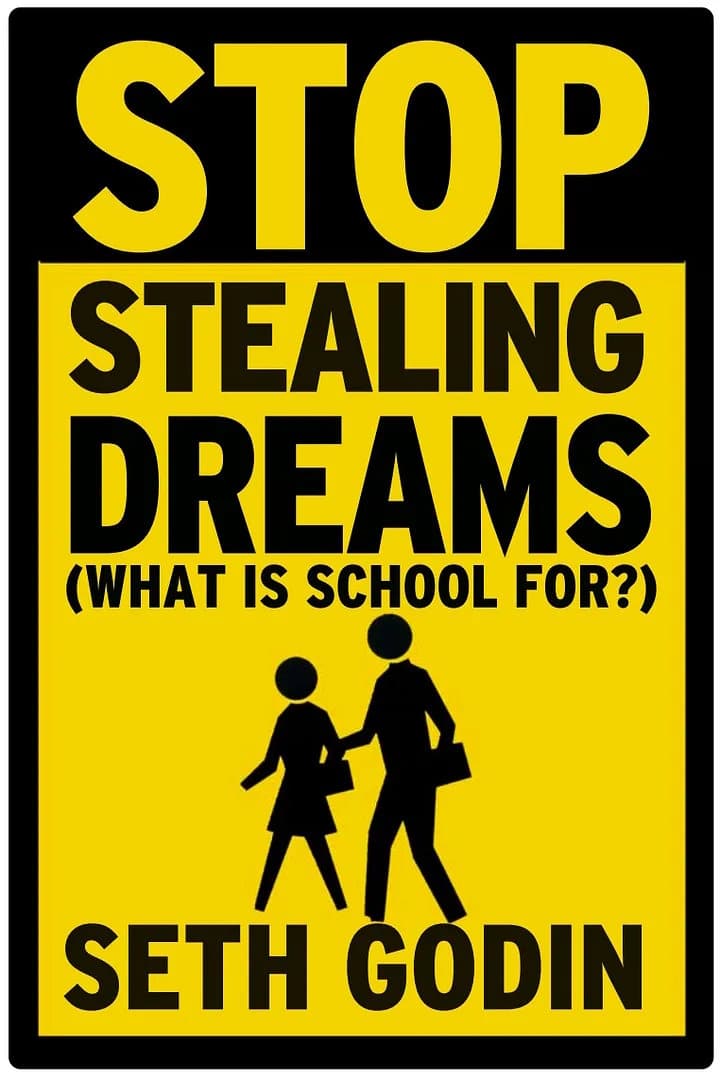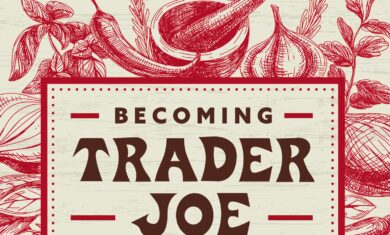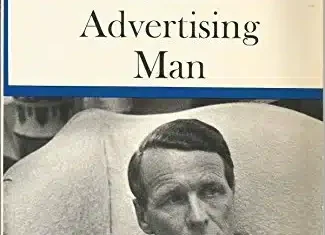What is the purpose of a library? Really, what is it?
There are two ways to look at it:
- The library is a place to share information and learn.
- The library is a warehouse of books to be lent out.
While the two are similar in practice, the philosophy behind each is very different.
In Seth Godin’s famous “Stop Stealing Dreams” article (which you should think of a free two-hour book, not just a super long blog post), he draws out the comparison:
“Librarians who are arguing and lobbying for clever e-book lending solutions are completely missing the point. They are defending the library-as-warehouse concept, as opposed to fighting for the future, which is librarian as producer, concierge, connector, teacher, and impresario.”
I think most of us agree with the second concept of a library, and it’s a fantastic way to view them, but it comes with complications when it comes to copyright and legality. If we want libraries to be centers of learning, then e-books should be freely copied and given to all who want them. If we want to focus on the concept of a warehouse, then tight rules indeed need to be in place.
I don’t have the answer here. I’d love to see things given away with few restrictions, but authors certainly need to be compensated for their work. What do you see as a solution to this?




